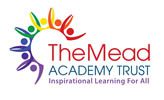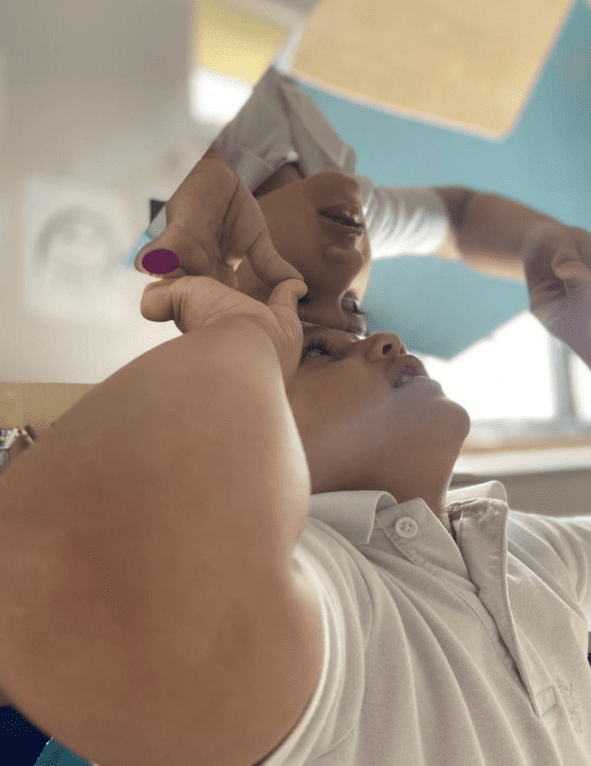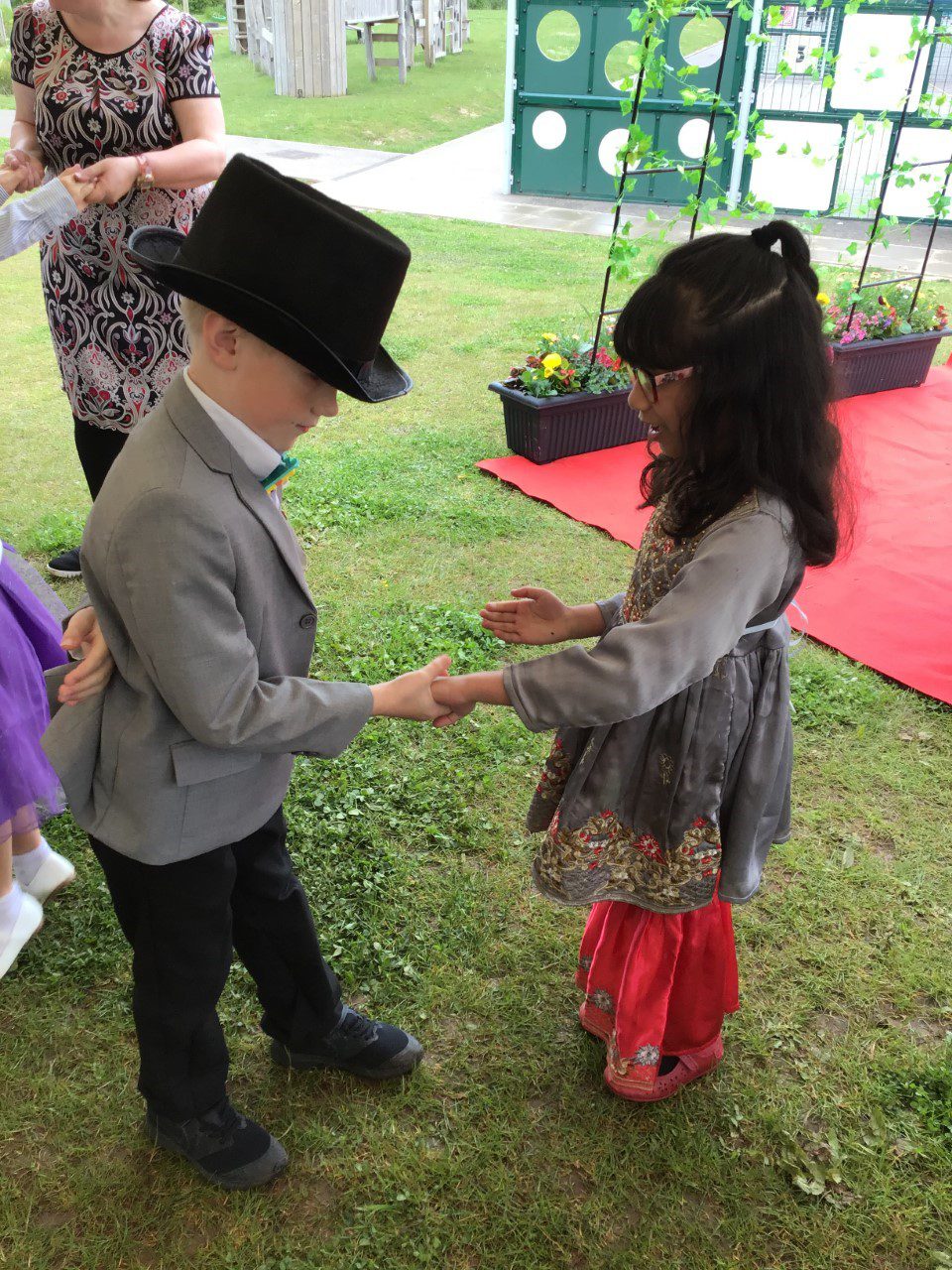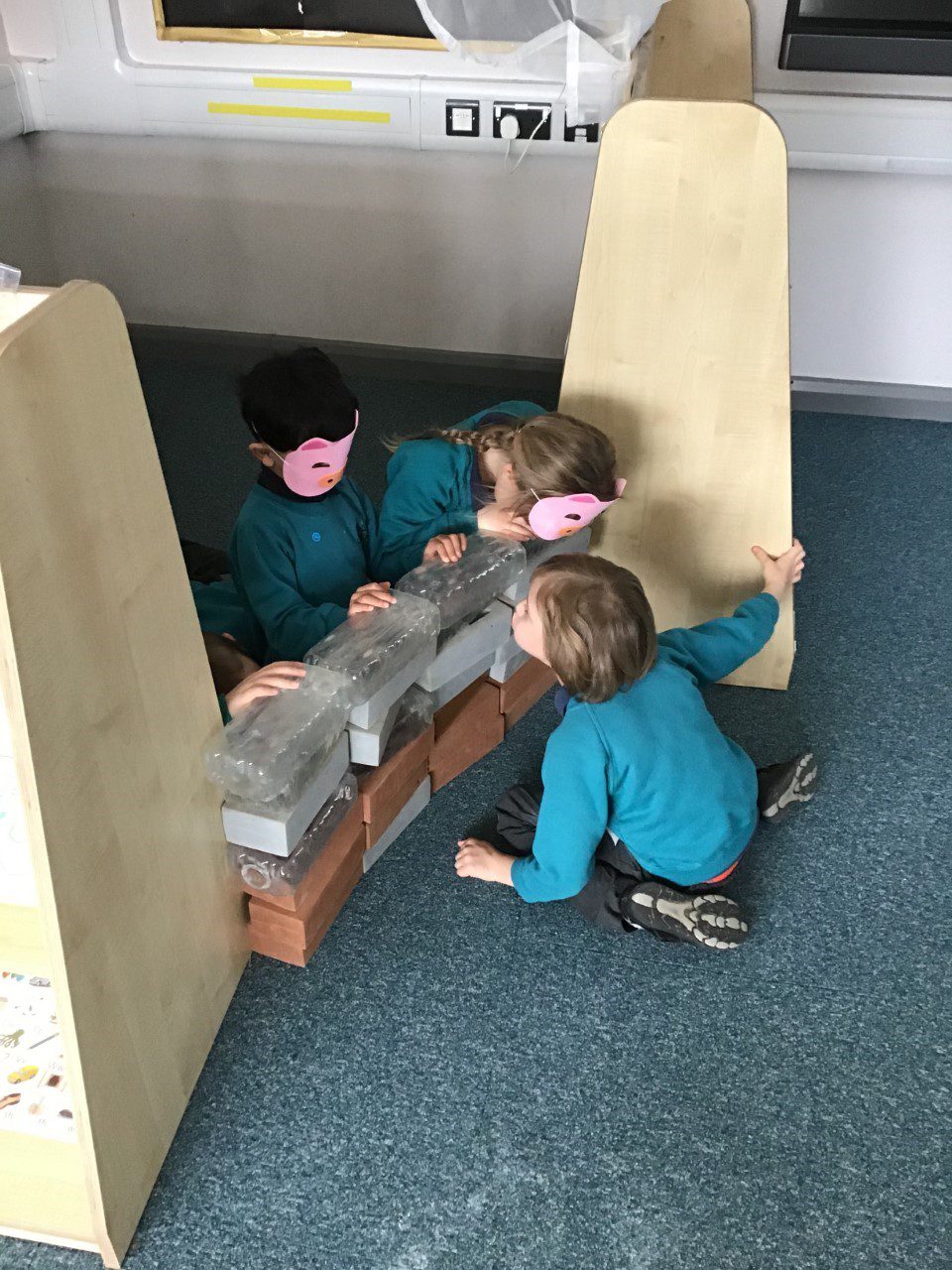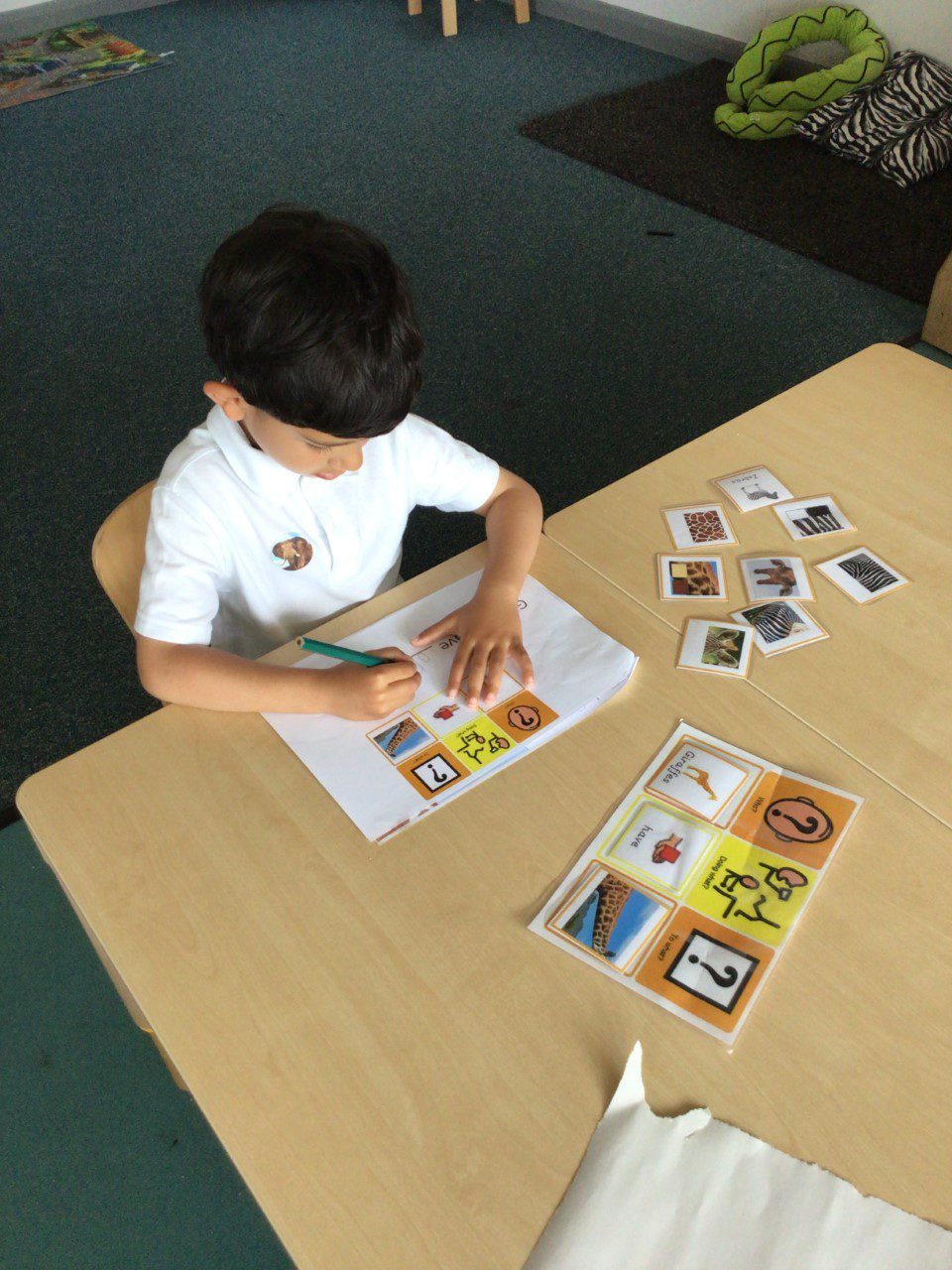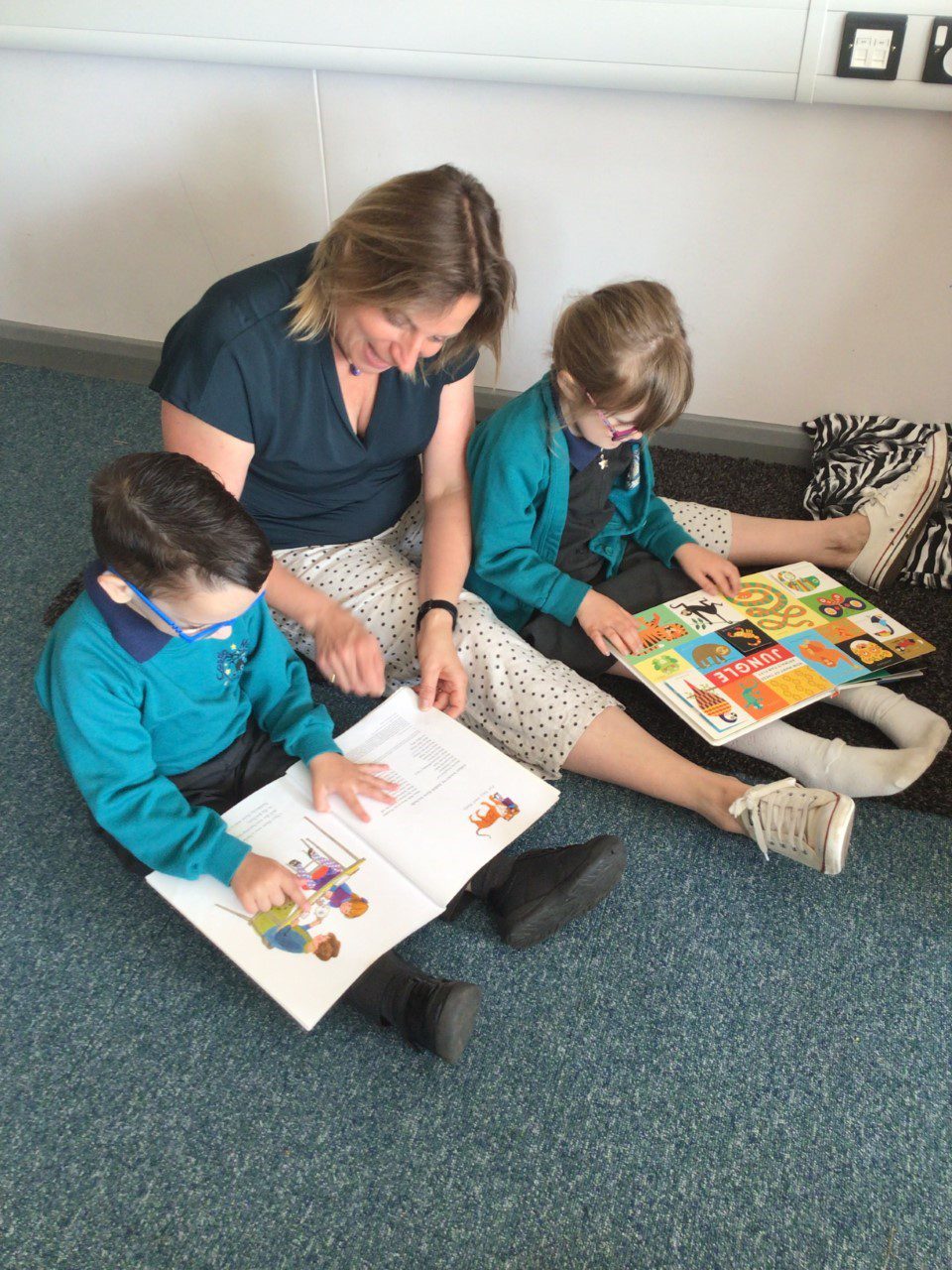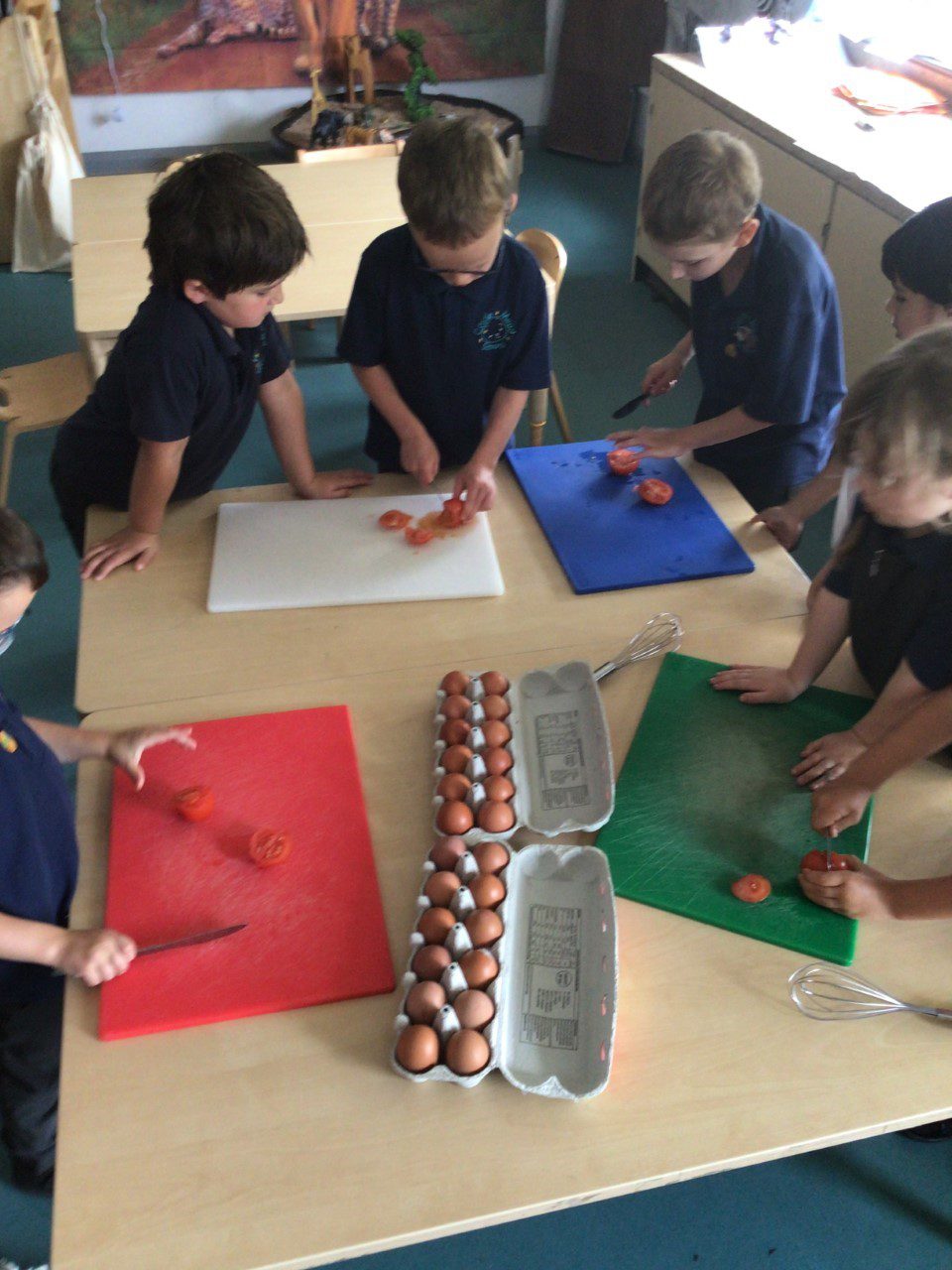Resource Base provision
Our Resource Bases are a key part of our schools’ communities. We hope you find the information below gives you a strong sense of our provision and the curriculum offer that we believe our wonderful children in the Resource Bases at The Mead Academy Trust deserve.
Our wonderful children come from a wide range of backgrounds and are exciting and delightful learners. Typically, children who are placed here have varied needs including global delay, Downs Syndrome, Cerebral Palsy, Autistic Spectrum Disorders and speech and language and communication needs. Some of our children are from the local area; others live further afield and travel by car or taxi.
Our approach to…
The curriculum
We believe the children in our Resource Bases are entitled to, and deserve, a broad, balanced and rewarding curriculum that provides them with the skills and knowledge to flourish in life. The curriculum is designed to draw out and prioritise the most pertinent aspects of the Early Years Foundation Stage and the National Curriculum to provide each child with powerful knowledge that inspires and equips our children to act increasingly independently in their ever widening world.
Our curriculum allows us to prioritise the skills that are most important to each individual. We break these skills into small steps of learning which are then carefully sequenced and taught to enable the children to acquire the skill and it use it independently. Each child’s learning journey through our curriculum is closely aligned to their own individual targets as set out in their Education, Health and Care Plan.
For some of our children sensory experiences form an integral part of their curriculum. For these learners our sensory curriculum allows them to develop their engagement for learning through experiences such as Sing & Ball, Sensology, Sing & Swing and Attention Autism.
The children within the Resource Bases also have regular opportunities to experience enhanced curricular activities for academic, emotional, social, physical and sensory development. These enhanced provisions may include opportunities such as Music therapy, Play therapy, Forest School, swimming, horse riding and yoga.
The children within our resource bases are very much a part of our school community and where appropriate all opportunities for inclusion are explored and encouraged. For our children experiences within the mainstream schools are carefully considered and planned for. Opportunities for inclusion with other children are actively sought and this may include joining assemblies, lunchtimes, sports day, curriculum lessons in groups or class, dependent upon what will work best for each child.
Teaching
Our teaching approach is always cognisant of the unique needs of each child and their preferred style of learning. As a result, a wide range of teaching methods, approaches and strategies are used responsively within the Resource Base. Notably, including those recommended by the TEACCH philosophy, Attention Autism, colourful semantics and THRIVE.
To implement our curriculum appropriately, we use a variety of communication methods matched to the needs of each child. For example, some children use P.E.C.S. (Picture Exchange Communication System) as a way of speaking. Others communicate using a communication aid/object of reference or photos or symbols, Makaton, gesture, facial expression or speech or a combination of the above. Simultaneously, attention and listening skills are developed continuously throughout the day in a variety of situations through direct teaching and role modelling.
To enable us to be responsive to each child’s learning needs, we continually assess and review each child’s progress and adjust their pathway through the curriculum and teaching accordingly. Our intimate knowledge of children’s progress also allows us to take frequent opportunities to celebrate their achievements – something that we believe is fundamental to success. Progress towards children’s targets are shared regularly with parents so we can celebrate them together and work in partnership.
Communication with parents and gaining insight into their child’s learning is another vital means by which we are able to respond to children’s most pressing needs. There are many ways in which we seek to build relationships and communicate with parents. Most importantly, this will occur through natural day to day conversation. We always endeavour to make time to talk. However, we know that time is often pressed so we have other channels of communication including Class Dojo, our digital classroom platform. In addition to this, there are more formal meetings such as their child’s annual review.
We believe in a holistic approach to learning and work closely with a wide range of multi-agency professionals to fine tune each child’s curriculum and promote the best outcomes for our children. These professional partnerships may include SEND Lead Workers, Educational Psychologists, Sensory Occupational Therapists, the Learning Disability team, Paediatricians and Speech and Language Therapists.
